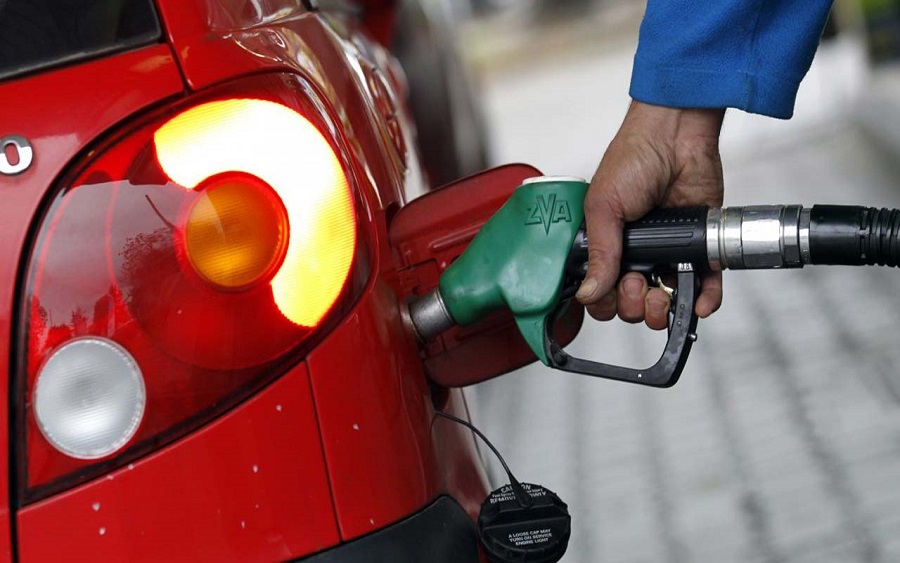Despite an increasing call from economic experts and international bodies that the Nigerian government should stop fuel subsidy payment, it is most likely that the monthly exercise would continue and it might shoot above a 100% as the year (2022) proceeds.
BizWatch Nigeria understands that as a result of the global crude oil prices, the landing cost for petrol imported into Nigeria is now N282.29 per litre.
While the landing cost of the commodity has increased globally, President Muhammadu Buhari has expressed its commitment to continue paying fuel subsidy. Hence, the price would likely remain unchanged, as petrol would continue to sell between N162-N165 per litre.
FG’s payment projection for fuel subsidy in 2022
Going by the economic realities and dwindling oil prices in the global market, the Nigerian National Petroleum Corporation (NNPC) plans to pay no less than N270 billion on a monthly basis for fuel subsidy.
From N1.43 trilling that was spent on fuel subsidy in 2021, to cushion the effect of economic hardship on Nigerians, the government has projected that the consumption of petroleum products in the country would gulp a total of N3 trillion from its pulse this year.
With this, our correspondent estimated that fuel subsidy in 2022 would increase by 109.79%.
“The Nigerian National Petroleum Company (NNPC) has presented to the ministry a request for N3 trillion as fuel subsidy for 2022. What this means is that we have to make an incremental provision of N2.557 trillion to be able to meet the subsidy requirement, which is averaging about N270 billion per month,” the Minister of Finance, Budget and National Planning, Zainab Ahmed, had stated.
Meanwhile, the presidency had warned that the Buhari-led government may be left with no other choice than to incur more debt to finance its budget this year.
Femi Adesina, the President’s Special Adviser on Media and Publicity stated this during an interview on Channels Television’s breakfast programme, Sunrise Daily.
“Head or tail, Nigeria will have to pay a price,” he said. “It’s either we pay the price for the removal in consonance and in conjunction with the understanding of the people, but if that will not come, the other cost is that borrowings may continue, and things may be difficult fiscally with both the states and the Federal Government.











